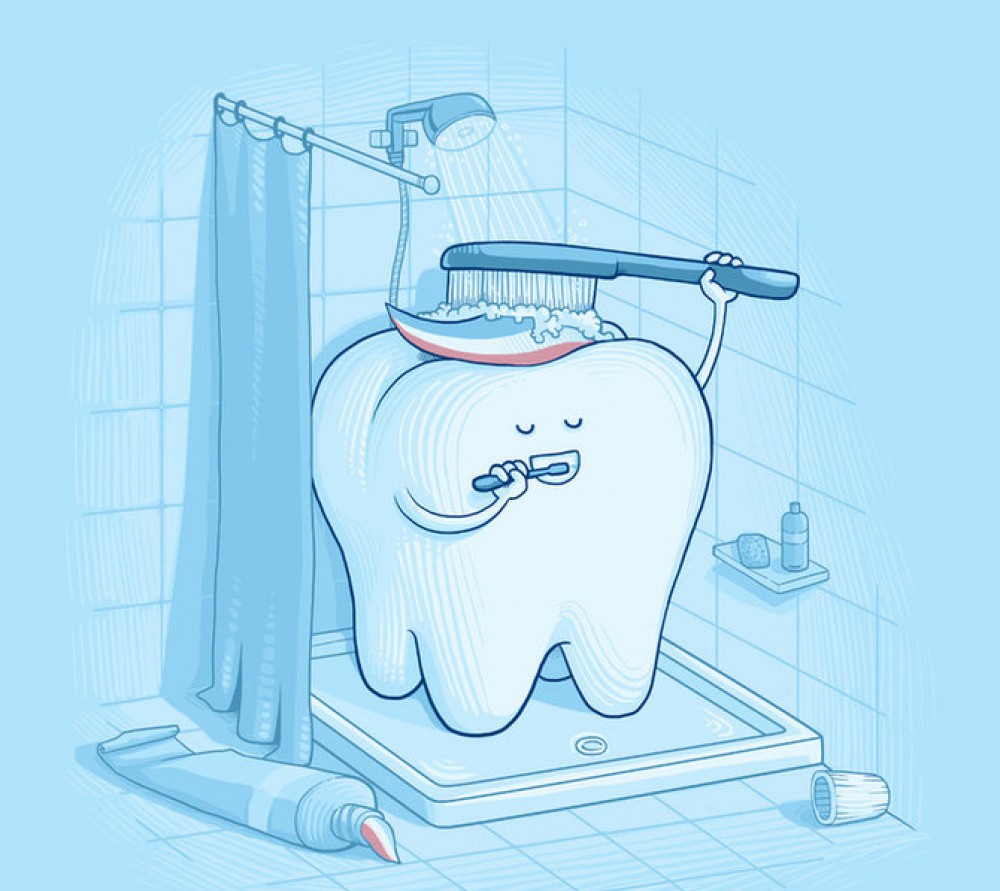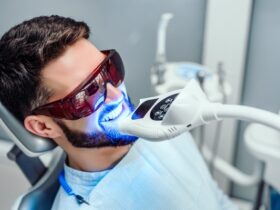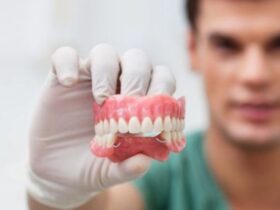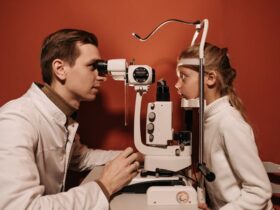Regular dental exams integrated with professional teeth cleaning are the keystone of preventive dentistry and focus on minimizing or avoiding oral health issues. Routine check-ups and cleanings play a crucial role in helping keep your teeth and gums healthy. A healthy mouth can also help to protect the rest of your body from serious medical disorders.
The family dentist in Leesburg strives to spread awareness about the importance of oral health and provide diagnostic dental exams, and professional cleaning.
Exploring the different dental exam methods
When you visit your dentist for the first time, your oral cavity will be physically examined. Regular check-ups once in 6 months or annually are essential that include the following preventive screening:
- Diagnostic X-rays
These aid in the early detection of tooth decay, tumors, cysts, lesions, and bone loss. X-rays greatly help dentists to study the morphology of the teeth and the surrounding structures that help during any treatment conducted.
- Gum disease assessment
Your dentist will examine your gums to check for any redness, tenderness, or the presence of gingival pockets. These mark the early signs of periodontal disease.
- Detection of any tooth decay
All the tooth surfaces will be checked for the presence of any pits or fissures, or prominent cavities using special dental instruments.
- Examination of old restorations
Your dentist will check the existing fillings, implants, and crowns to check for any secondary caries or dislodgement of any prosthesis.
- Oral cancer exam
Your dentist will check your lips, tongue, inner cheek lining, throat, gums, jaws, neck, and face for signs of any oral cancer.
Professional cleaning is important at least once a year
Dental prophylaxis is often performed by dental hygienists post-dental examination. Your dental cleaning session includes the following:
- Removal of plaque and tartar
Plaque and calculus are hardened bacterial debris that sticks to the tooth surfaces. These cannot be removed with regular brushing or flossing. Thus special instruments are used to remove plaque and tartar from interdental and subgingival areas.
Failure to remove plaque and tartar can worsen your condition due to the secretion of toxins that demineralize the tooth structure. The bacteria can colonize and the inflammation may progress to cause periodontal disease.
- Toothpaste cleaning
Once the plaque and tartar are removed, cleanings will include the use or gritty toothpastes that scrub against the teeth surface. This is known as teeth polishing.
Regular dental check-ups and cleanings are incredibly essential. Even though you don’t have any existing oral issues such as tooth decay or gum disease, dental exams and cleanings can help you maintain good oral health. This aids to brighten your smile, boosting your confidence level and improving your quality of life.









